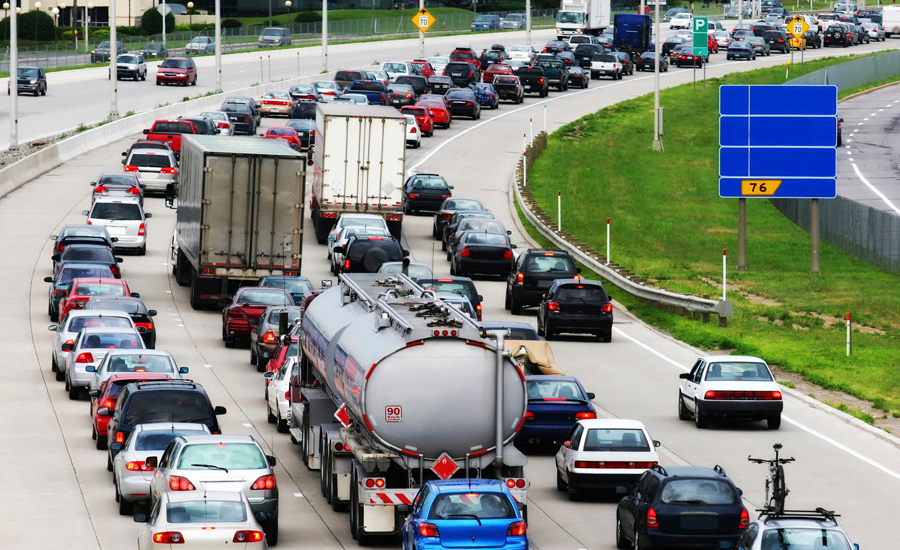Fuel economy standards intended to combat climate change by reducing gas emissions are in for a rollback, if a proposal announced today by the EPA and the National Highway Traffic Safety Administration goes into effect.
Keeping standards at 2020 levels
Passed during the Obama administration, the standards were scheduled to become progressively tougher over time for new vehicles. The Trump administration proposal would freeze the standards at their 2020 levels for six years.
The EPA said increasing the fuel efficiency requirements would add to the cost of new cars and have a negative effect on car-buying and the economy. The agency said keeping the standards from increasing would improve safety on the nation's roadways, citing a a 2018 government study by the NHTSA showing that new model year vehicles are safer and result in fewer deaths and injuries when involved in accidents as compared to older models. "Therefore, the Administration is focused on correcting the current standards that restrict the American people from being able to afford newer vehicles with more advanced safety features, better fuel economy, and associated environmental benefits," according to a statement released by the EPA.
California may lose waiver
The proposal also takes aim at a federal waiver granted to California that allows the state to set its own auto emissions standards in an effort to meet a goal of getting emissions to 40 percent below 1990 levels by 2030.
California Gov. Jerry Brown’s response to the proposal was swift. "California will fight this stupidity in every conceivable way possible," Brown said in a statement.
Health advocates: Health would be harmed
Also in opposition to the change: a group of health organizations that include the American Lung Association, Allergy & Asthma Network, Alliance of Nurses for Healthy Environments, American Public Health Association, Asthma and Allergy Foundation of America, Center for Climate Change and Health, Children's Environmental Health Network, Health Care Without Harm, National Association of County and City Health Officials and National Environmental Health Association.
According to a statement issued by the group:
"EPA conducted a substantial review and public comment period in 2016 and found that the 2022-2025 vehicle emissions requirements were appropriate and that auto manufacturers can meet them. A recent American Lung Association poll showed that nearly seven in 10 voters want the Administration to leave current vehicle standards in place.
"Today's announcement reaches beyond efforts to weaken cleaner cars standards at the federal level — it also threatens states' right to limit dangerous vehicle pollution and take more aggressive steps to protect their residents. This action hampers not only California’s ability to protect the health of its citizens, but also that of a dozen other states that have driven nationwide progress in reducing tailpipe pollution, including Connecticut, Delaware, Maine, Maryland, Massachusetts, New Jersey, New York, Oregon, Pennsylvania, Rhode Island, Vermont and Washington.”

